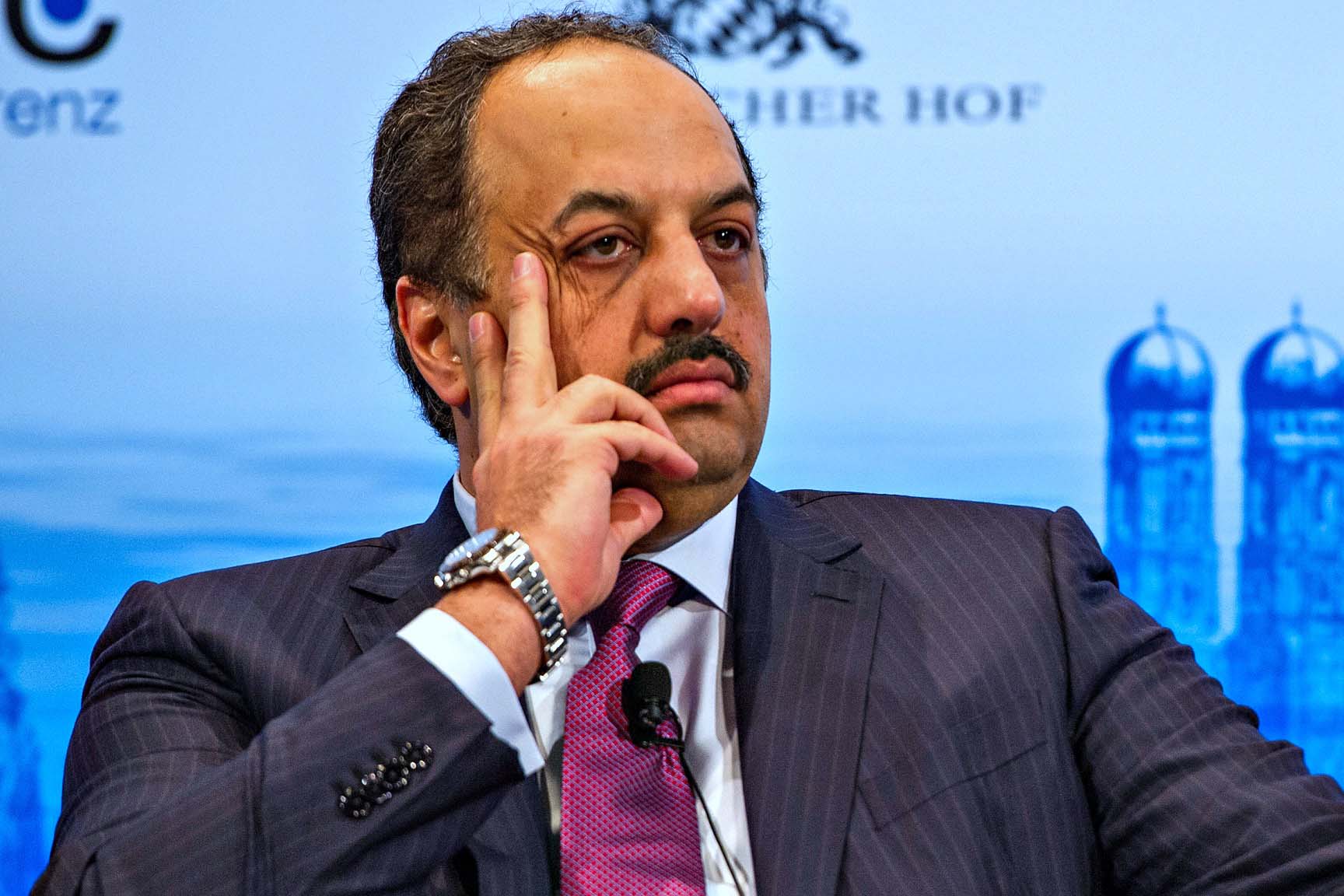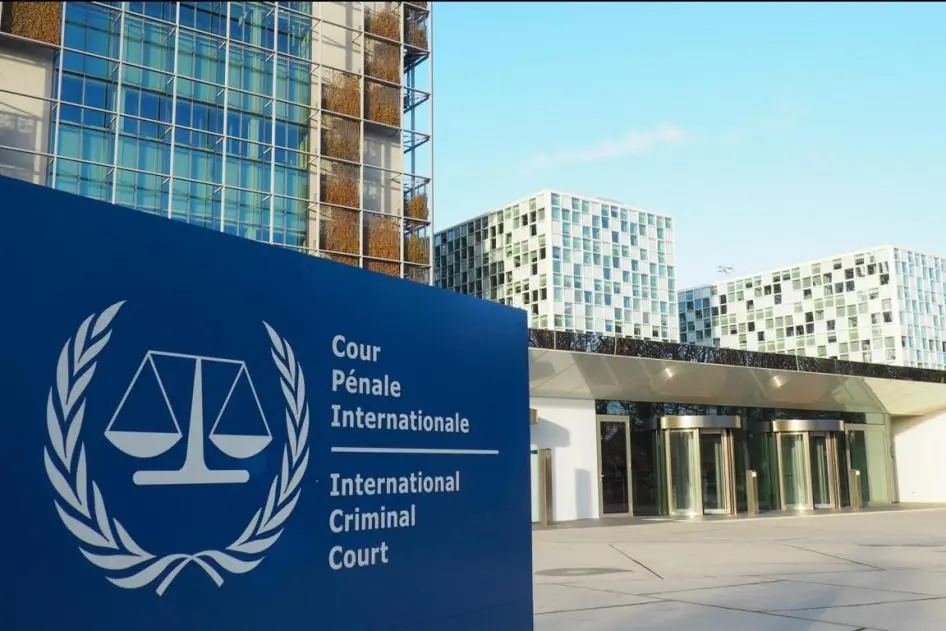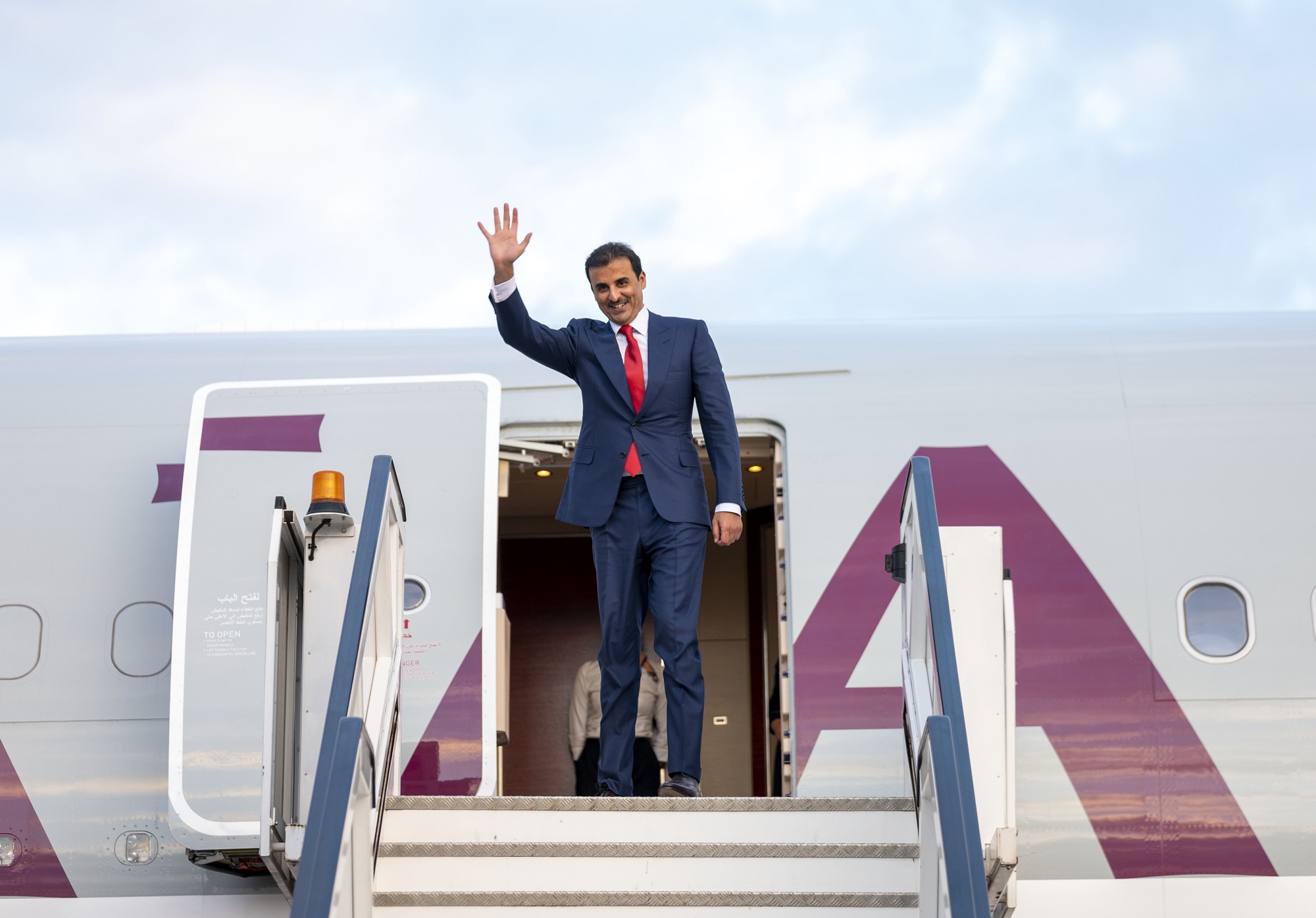
Despite mounting pressure from Saudi Arabia and other GCC peers, Qatar will not “remain on the fringe of history,” and will continue to make its own foreign policy decisions, Qatar’s foreign minister has said.
During a speech in France on Monday, Dr. Khalid bin Mohamed Al Attiyah rejected apparent overtures from its much larger neighbor to fall in line, saying Qatar does not follow an “axis mentality.”
Last week, Saudi, the UAE and Bahrain announced the withdrawal of their ambassadors from Qatar, saying it had not complied with a GCC security pact, and thus threatened their stability. In an apparent reference to Al Jazeera, they also said Qatar was supporting “hostile media.”
Qatar responded by saying the move had to do with external politics, not internal ones. Addressing the Paris Institute of Political Studies, Al Attiyah reiterated that position:
“The independence of Qatar’s foreign policy is simply non-negotiable and therefore, I strongly believe that the recent statements made by Saudi Arabia, the United Arab Emirates and Bahrain have no relationship whatsoever with the internal security of the GCC countries, but they are related to clear differences in views on international issues.”
“We regret… these recent statements, however, and we have our own view and our own decisions.”
Al Attiyah’s comments have been taken to mean that Qatar will continue its support of the Muslim Brotherhood in Egypt, as well as maintaining relations with sympathizers who have sought refuge here.
While Saudi, Bahrain and the UAE favor the new military-backed government in Cairo, Qatar had supported ousted President Mohamed Mursi, a member of the Muslim Brotherhood.
That Egyptian group was declared a terrorist organization by Saudi Arabia last weekend, a move seen to increase pressure on Qatar to follow suit.
‘Fringe of history’
Al Attiyah on Monday also stressed that Qatar is committed to supporting the right of people to pursue self-determination, which is what motivated the nation to help other countries during the Arab Spring revolutions:
“Qatar has chosen not to remain on the fringe of history, and decided to play a significant role in world affairs, communicate with other countries, mediate to settle disputes, work to halt fierce conflicts and care for refugees.”
Speculation is rife about what the Kingdom of Saudi Arabia will do if Qatar does not change its foreign policy.
Citing only an unnamed source, the Huffington Post reported yesterday that Saudi has threatened to block Qatar’s land and sea imports if the nation doesn’t shutter Al Jazeera, as well as American think tanks Rand Qatar Policy Institute and the Brookings Doha Center.
However, it does not mention that Rand closed its doors in Qatar in December, months after Qatar Foundation said it would not be renewing the institute’s 10-year contract.
Still, the uncertainty is already having a chilling effect on some residents. Speaking to Doha News, a staffer of another think tank who asked to remain anonymous said:
“It’s causing us all to think about our next steps very carefully. Qatar has been a good base to work from, and certainly more open to political debate than its neighbours. However if matters do escalate people will of course have to think about their futures.”
Future
The next step appears to be possible mediation attempts during the upcoming Arab Summit from March 25-26 in Kuwait. But whether it will help alleviate tensions has yet to be seen.
Following a recent trip to the region, American professor and Middle East historian Juan Cole forecasts that the pressure exerted on Qatar isn’t likely to change the political landscape. In an article posted on his website, he writes:
“Saudi Arabia’s octogenarian princes were furious about the fall of Mubarak in Egypt. Although the Saudi official religious ideology is the hard line Wahhabi sect, the Saudi state likes order and stability more than it likes political Islam…
So this is the Saudi grand strategy: prop up anti-Brotherhood Egyptian nationalism, isolate Qatar, overthrow Bashar al-Assad… If it all worked, the Saudi Kingdom would have uprooted populist political Islam from the region. (But) it isn’t likely to work.”
Thoughts?







